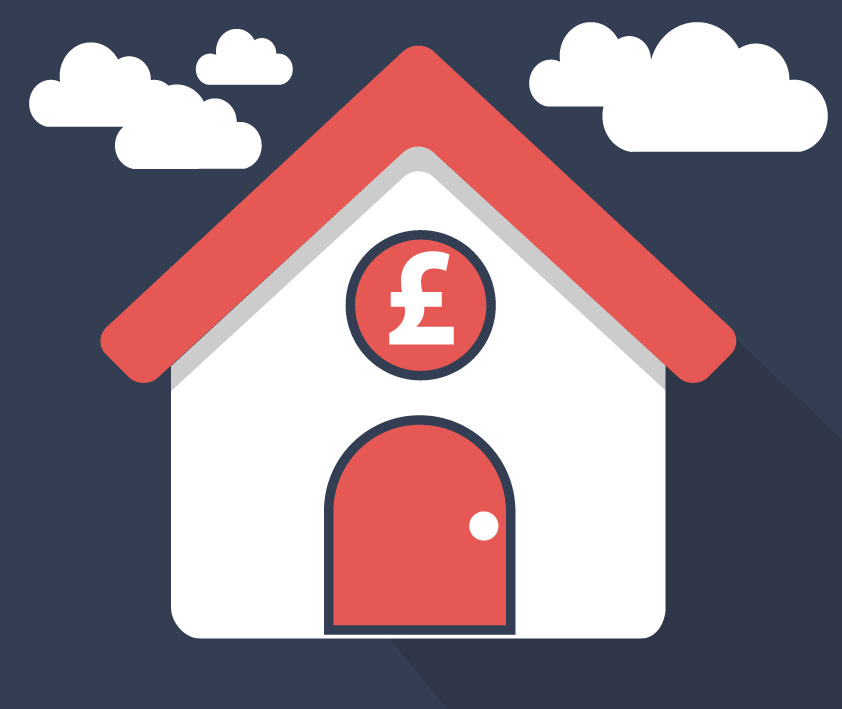You only have to glance at the TV schedules to confirm that in the UK, we have something of a national fixation on buying and improving homes.
Renovate Don’t Relocate, The Restoration Man and Restoration Home – just a selection of shows with a remit to inspire would-be home restorers.
Property has always been a relatively secure asset, and while its value fluctuates through times of boom and bust, over the long-term its trajectory only goes in one direction.
In 1952, the average price paid for a house in the UK was just £1,891; by the second quarter of 2018, it had risen to £214,578 (figures from the Nationwide Building society).

We all need a roof over our heads of course, but necessity aside, it’s easy to see why many people are attracted to property as an investment opportunity. Time it right and there are substantial profits to be made from buying, adding value and selling on.
But if you’re considering doing up a property, be sure you’re clear about the difference between being a regular home-owner who is simply making improvements – and being a property developer. The line that separates them is not always as easy to define as you might first imagine. But understanding which one you are is essential, as it determines what kind of tax you’ll have to pay on any profits you make.
Regular home-owners are liable for Capital Gains Tax (CGT) when they come to sell their property (although most will be exempt so long as they meet HMRCs criteria for Private Residence Relief), but anyone deemed to be a property developer will be subject to Income Tax or Corporation Tax.
Do you need advice about Property Renovation?
Inca can provide specialist financial advice and support on property-related matters. If you’re a business owner thinking of undertaking restoration work on a property in Oxfordshire or Berkshire, call us for an informal chat on 01235 868888 now or email us at [email protected]!




